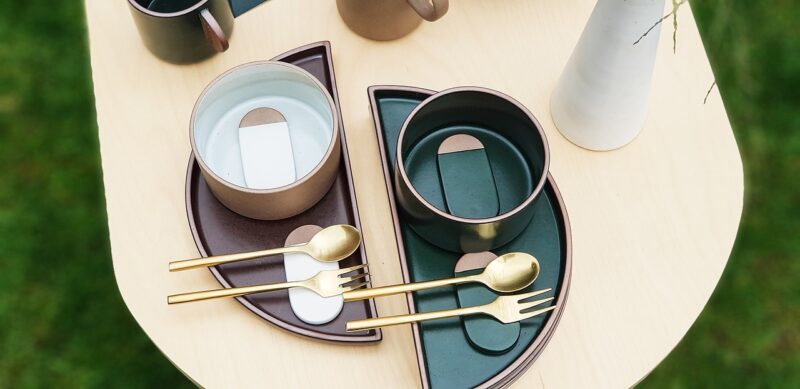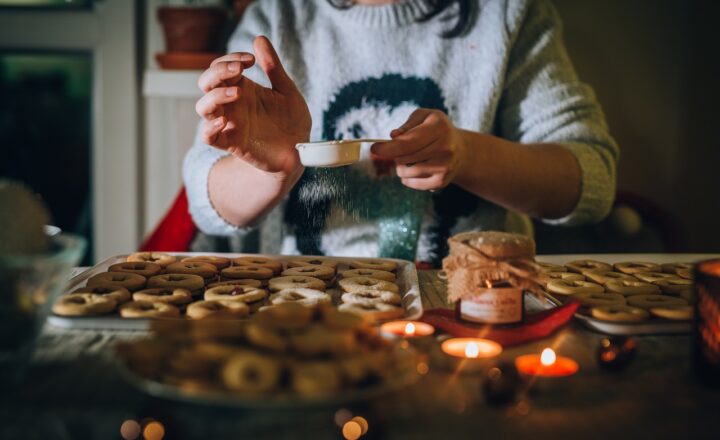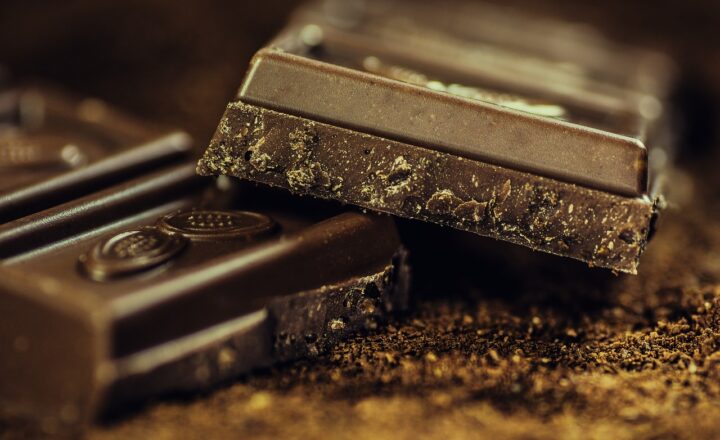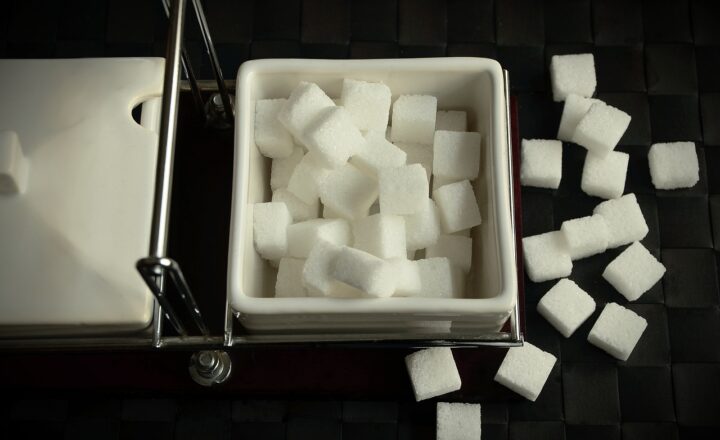
Cooking is a skill that can be both fulfilling and enjoyable, especially when you start to see the fruits of your labor. However, for beginners, the kitchen can feel overwhelming. The myriad of utensils, ingredients, and techniques can lead anyone to think they are not cut out for it. Fear not! Whether you’re preparing your first meal or just looking to brush up on some basics, this guide is here to provide you with essential cooking tips that will make your time in the kitchen not just manageable, but fun.
1. Start with a Clean Kitchen
Before you even think about chopping vegetables or heating oil, make sure your workspace is tidy. A clean kitchen helps to prevent cross-contamination and makes cooking less stressful. Wash any dirty dishes, wipe down surfaces, and ensure that you have everything you need within reach. This will allow you to concentrate on the meal itself rather than on cleaning up as you go.
2. Read the Recipe Thoroughly
It’s essential to read through the entire recipe before you begin to cook. This prevents any unpleasant surprises during the cooking process and ensures you understand all the steps involved. Make sure to gather all your ingredients and utensils ahead of time, so you’re not scrambling to find them while cooking.
3. Invest in Basic Kitchen Tools
You don’t need the fanciest gadgets to become a good cook. Start with essential tools:
- Chef’s Knife: A good, sharp knife is crucial for safe and efficient cutting. Take the time to learn basic knife skills, as this will speed up your prep time significantly.
- Cutting Board: Use separate boards for meat and vegetables to avoid contamination.
- Measuring Cups and Spoons: Precision is key in cooking. Invest in some good measuring tools to ensure you’re using the correct amounts of ingredients.
- Non-stick Skillet: Ideal for beginners, these pans make cooking and cleaning a breeze.
- Saucepan and Stock Pot: Essential for boiling, simmering, and making soups or sauces.
Having the right tools will make cooking easier and more enjoyable.
4. Prep All Ingredients Before Cooking
Mis en place, a French term that means “everything in its place,” is a crucial concept in cooking. Before starting to cook, chop, measure, and prepare all your ingredients. This not only ensures a smoother cooking process but allows you to adjust seasoning and flavors as you go along.
5. Don’t Be Afraid of Seasoning
One of the most common mistakes beginners make is under-seasoning their food. Begin with salt and pepper, and don’t be afraid to experiment with herbs and spices. Fresh herbs can elevate your dish significantly, so consider investing in some popular varieties like basil, parsley, and thyme.
6. Taste as You Cook
Cooking is an art, and art requires practice and experimentation. Don’t hesitate to taste your food as you go; this will help you learn how flavors develop and allow you to adjust seasoning and ingredients accordingly. Remember, if something doesn’t taste right, it can usually be fixed or enhanced with herbs, spices, or acidity, like lemon juice or vinegar.
7. Understand Cooking Techniques
A solid understanding of basic cooking techniques will greatly improve your culinary skills:
- Sautéing: Quickly cooking food in a small amount of oil over high heat allows for flavor development and texture.
- Boiling vs. Simmering: Knowing the difference can affect the outcome of your dish significantly. Boiling uses a high heat that isn’t suitable for delicate foods, while simmering is gentle and ideal for soups and stews.
- Roasting: A perfect method for meats and vegetables to develop rich flavors through caramelization. Always preheat your oven for best results.
Understanding these techniques will deepen your cooking knowledge and improve your capabilities in the kitchen.
8. Be Patient and Give Yourself Grace
Cooking takes practice, and mistakes are part of the learning process. Don’t be discouraged if things don’t turn out perfectly the first time around. Take it as an opportunity to learn. It’s likely that your tastes and preferences will evolve over time along with your skills.
9. Keep Learning
No one is born a master chef; continue to learn and expand your cooking repertoire. Watch cooking shows, read cookbooks, and follow food blogs. Engaging with the culinary world keeps you inspired and helps you discover new techniques and flavors to explore.
10. Enjoy the Process
Cooking should be a joyful experience. Play your favorite music, invite friends or family to cook alongside you, and don’t stress about making everything perfect. The more you enjoy the process, the more you’ll want to do it. Remember, the kitchen is a place of creativity, and your food should reflect that!
Conclusion
In conclusion, cooking is an invaluable life skill that opens the door to myriad culinary adventures and enjoyable meals. By mastering these essential cooking tips, you will feel more confident and excited to experiment in the kitchen. Remember to start simple and don’t be afraid to seek help or look for inspiration along the way. Happy cooking!







